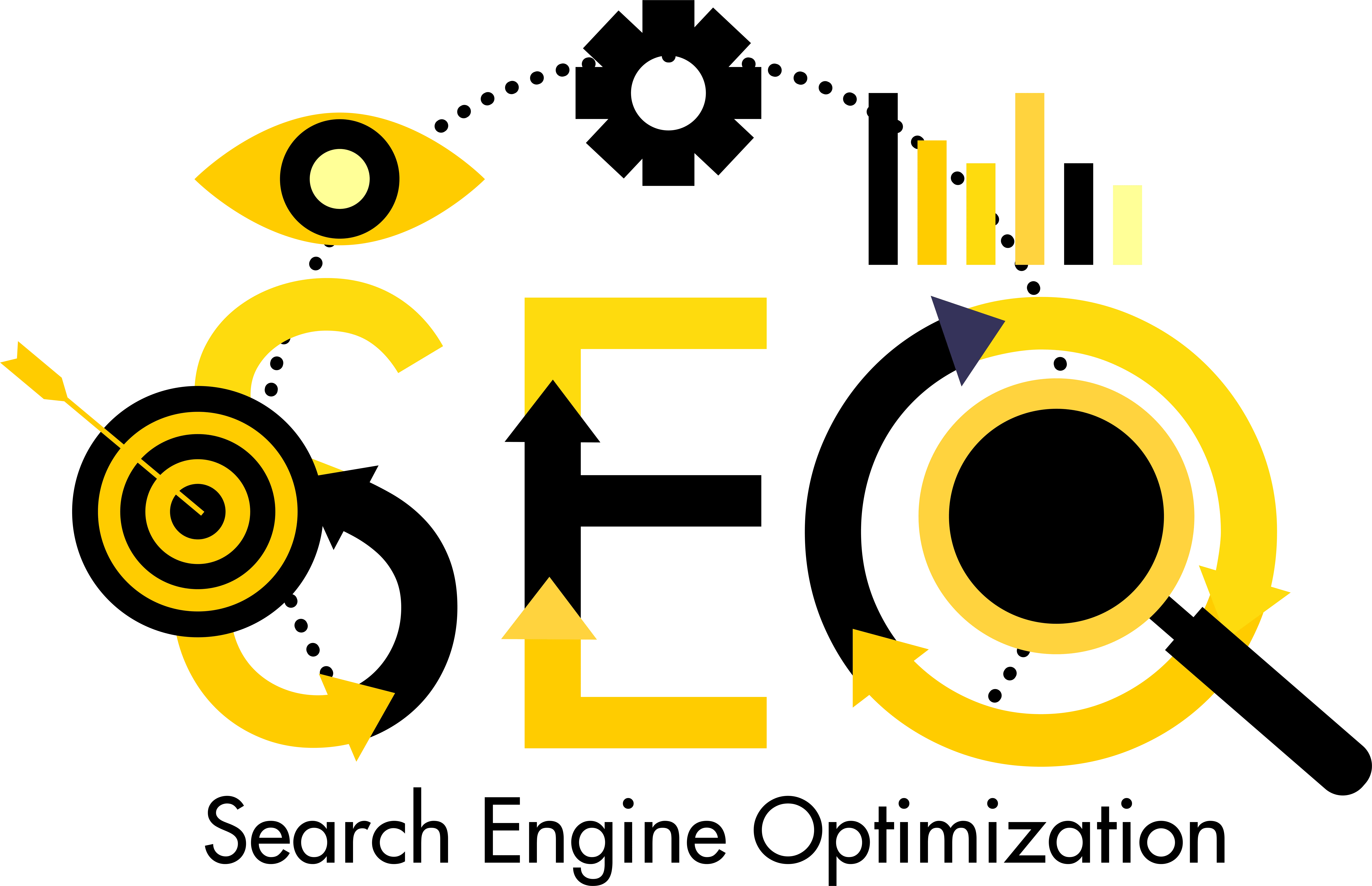Dr. Anthony Fauci told Sen. Rand Paul (R-KY) that he doesn’t know what he is talking about during a Senate hearing.
Video:
Dr. Anthony Fauci tells Rand Paul "you don't know what you're talking about," as Paul lies and tries to blame Fauci for COVID-19 deaths. pic.twitter.com/izFPTZwbca
— Sarah Reese Jones (@PoliticusSarah) July 20, 2021
After Paul inaccurately characterized a research paper and accused Fauci of lying to Congress on US government funding of a Wuhan lab, Fauci responded, “Sen. Paul, I have never lied before the Congress, and I do not retract that statement. This paper that you are referring to was judged by qualified staff up and down the chain as not being gain of function.”
After Paul interrupted him, Fauci continued, “Sen. Paul, you do not know what you are talking about quite frankly, and I want to say that officially. You do not know what you are talking about.”
Sen. Paul interrupted him again and built up to accusing Fauci of killing 4 million people with COVID 19.
Dr. Fauci called out the lie and said, “I totally resent the lie that you are propagating, Senator.”
Fauci then tried to explain to the block of wood in a suit known as Rand Paul that it was impossible for the research in the paper that Paul referenced to be COVID 19.
Republicans Are Lying About Fauci To Deflect Their Own Responsibility For The Pandemic
The Republican lies about Anthony Fauci are an extension of Trump’s “deep state” conspiracy theory. In this wacky fantasyland, Trump and Republicans aren’t responsible for COVID-19 killing 600,000 Americans and counting. Dr. Fauci and secret government funding of the Wuhan lab are at fault.
Republicans want to talk about where the virus came from to avoid discussing how they continue to mishandle and misinform on the pandemic. Rand Paul has been one of the loudest Fauci conspiracy theory voices, and today, Dr. Fauci shut him down.
Mr. Easley is the managing editor, who is White House Press Pool, and a Congressional correspondent for PoliticusUSA. Jason has a Bachelor’s Degree in Political Science. His graduate work focused on public policy, with a specialization in social reform movements.
Awards and Professional Memberships
Member of the Society of Professional Journalists and The American Political Science Association









 English (US) ·
English (US) ·